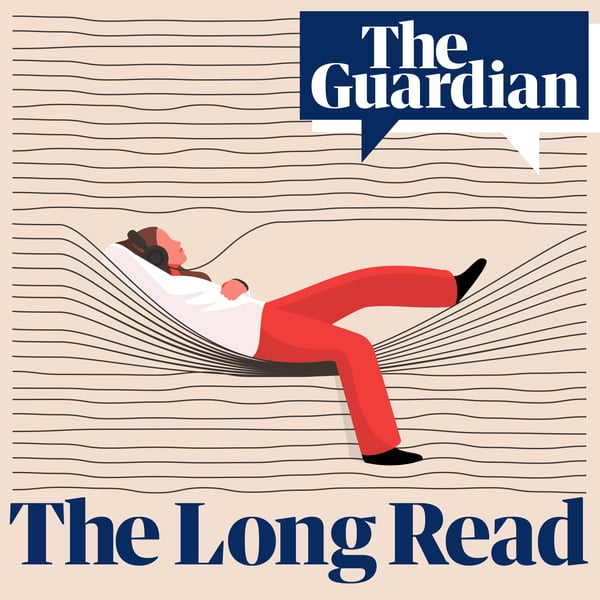‘Wallets and eyeballs’: How eBay turned the internet into a marketplace
The Audio Long Read
The Guardian
4.3 • 2.4K Ratings
🗓️ 27 June 2022
⏱️ 32 minutes
🧾️ Download transcript
Summary
Transcript
Click on a timestamp to play from that location
| 0:00.0 | This is The Guardian. |
| 1:00.0 | The Guardian was actually a big company that made software for handheld computers, which were widely expected to be the next big thing. |
| 1:10.0 | But in his spare time, he liked to tinker with site projects on the internet. |
| 1:15.0 | The idea for this particular project would be simple. A website where people could buy and sell. |
| 1:23.0 | Buying and selling was still a relatively new idea online. In May 1995 Bill Gates had circulated a memo at Microsoft announcing that the internet was the company's top priority. |
| 1:36.0 | In July, a former investment banker named Jeff Bezos launched an online storefront called Amazon.com, which claimed to be Earth's biggest bookstore. |
| 1:49.0 | The following month, Netscape, creator of the most popular web browser, held its initial public offering, IPO. |
| 1:57.0 | By the end of the first day of trading, the company was worth almost $3 billion, despite being unprofitable. |
| 2:05.0 | Wall Street was paying attention. The dot-com bubble was starting to inflate. |
| 2:13.0 | If the internet of 1995 inspired dreams of a lucrative future, the reality ran far behind. |
| 2:21.0 | The internet may have been attracting millions of newcomers. There were nearly 45 million users in 1995, up 76% from the year before. |
| 2:31.0 | But it wasn't particularly user-friendly. |
| 2:35.0 | Finding content was tricky. You could wander from one site to another by following the tissue of hyperlinks that connected them, or, page through the hand-made directory produced by Yahoo, the preferred web portal before the rise of the modern search engine. |
| 2:51.0 | And there wasn't much content to find. Only 23,500 websites existed in 1995, compared to more than 17 million five years later. |
| 3:03.0 | Most of the sites that did exist were hideous and barely usable. |
| 3:09.0 | But the smallness and slowness of the early web also lent it a certain charm. |
| 3:15.0 | People were excited to be there, despite there being relatively little for them to do. They made home pages simply to say hello to post pictures of their pets, to share their enthusiasm for Star Trek. They wanted to connect. |
| 3:30.0 | Omedia was fond of this form of online life. He had been a devoted user of the internet since his undergraduate days, and a participant in its various communities. |
| 3:41.0 | He now observed the rising flood of dot com money, with some concern. |
| 3:47.0 | The corporations clambering onto the internet saw people as nothing more than wallets and eyeballs, he later told a journalist. |
| 3:54.0 | Their efforts at commercialization weren't just crude and uncool. They also promoted a zombie-like passivity. |
| 4:02.0 | Look here, click here, enter your credit card number here, that threatened the participatory nature of the internet he knew. |
... |
Please login to see the full transcript.
Disclaimer: The podcast and artwork embedded on this page are from The Guardian, and are the property of its owner and not affiliated with or endorsed by Tapesearch.
Generated transcripts are the property of The Guardian and are distributed freely under the Fair Use doctrine. Transcripts generated by Tapesearch are not guaranteed to be accurate.
Copyright © Tapesearch 2025.

